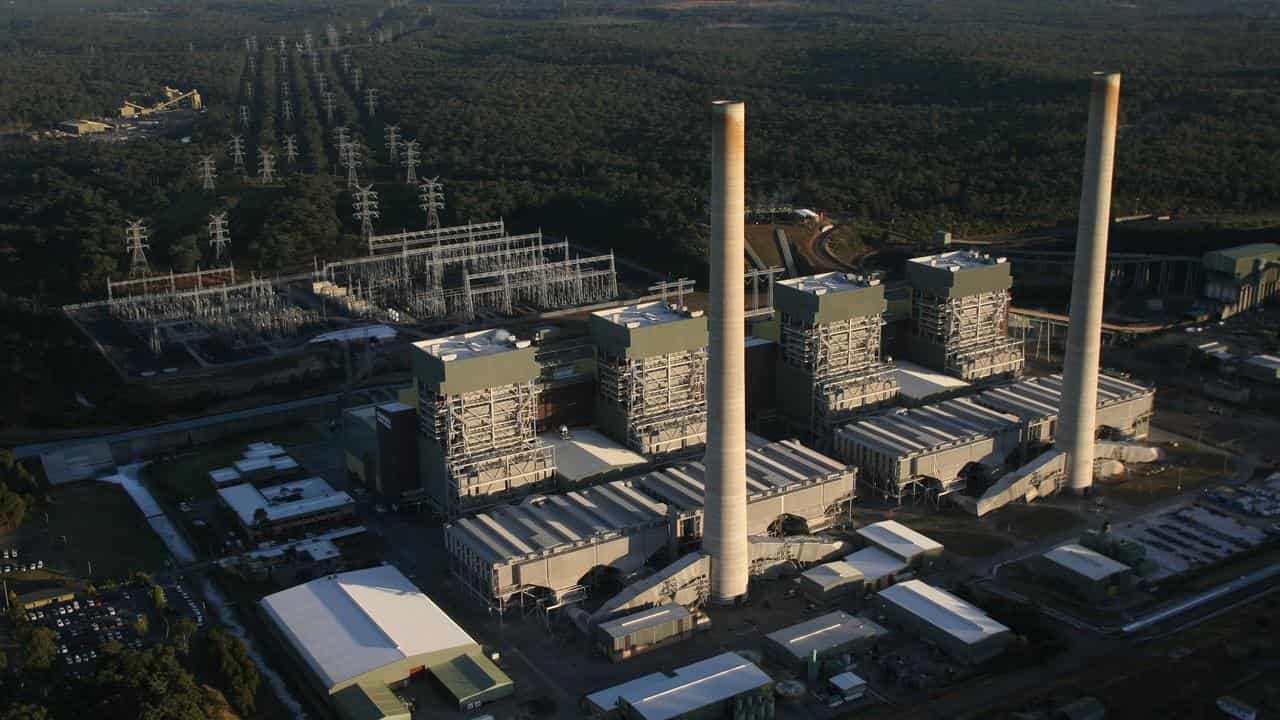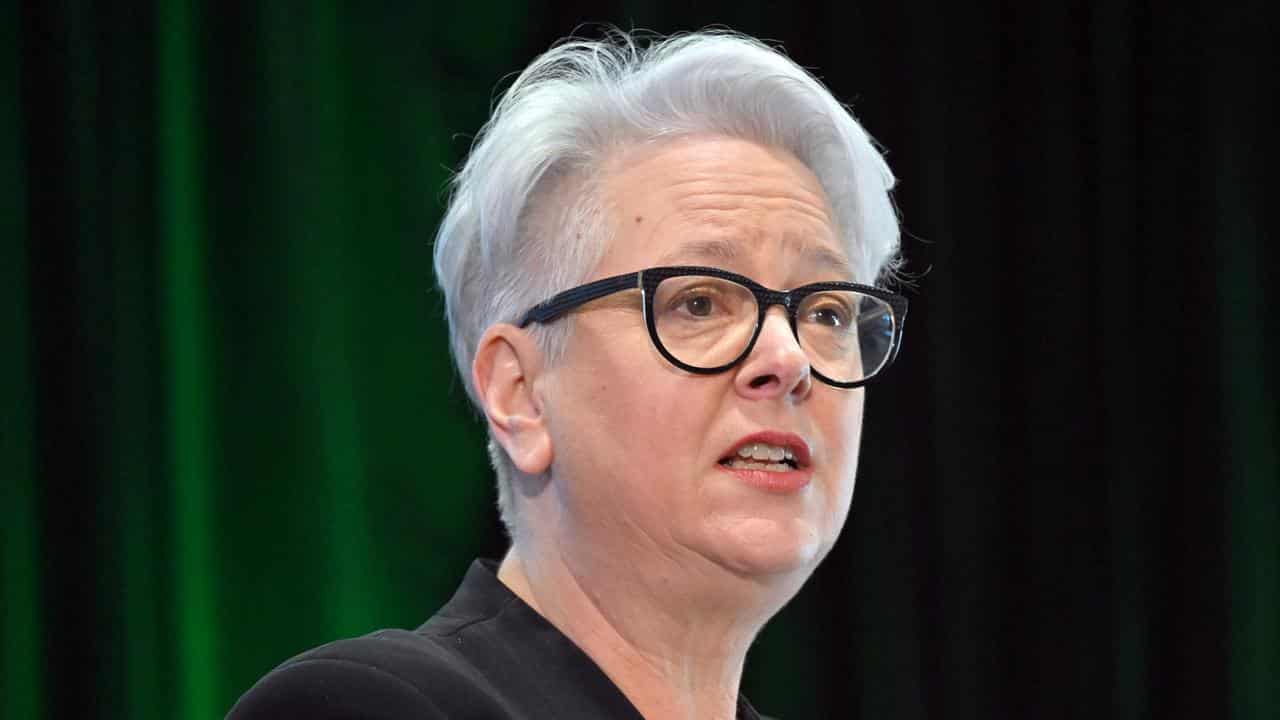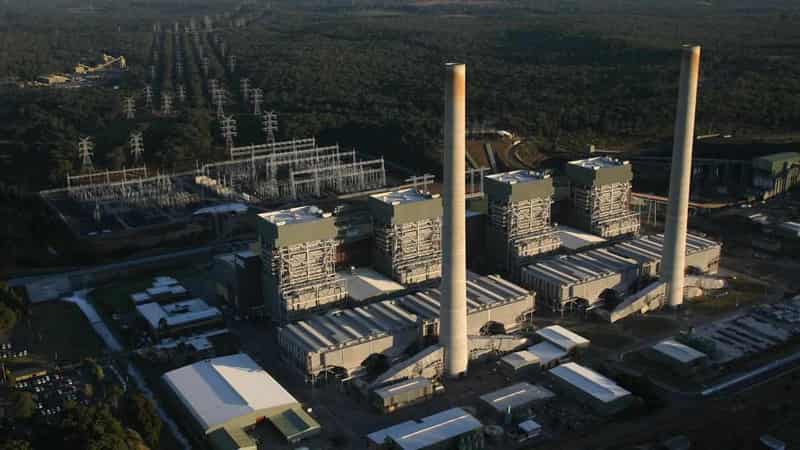
Wholesale energy prices could be reduced by billions of dollars under a controversial plan to keep Australia's largest coal-fired power station operating until 2027.
NSW government-commissioned modelling to be published on Tuesday shows delaying the closure of Eraring will slash wholesale prices by up to a third in the first year.
It also predicts negligible impacts on new renewable and storage investments as a result of keeping the 40-year-old generator running.
But extra carbon emissions from the ageing plant are forecast to cause harm valued in the high hundreds of millions of dollars.
The Eraring power station, north of Sydney on the banks of Lake Macquarie, was controversially granted a lifeline by the NSW government in May amid fears of power shortfalls after its scheduled retirement date of August 2025.

While resoundingly criticised by environmental groups and renewable-energy advocates, Energy Minister Penny Sharpe has defended the deal as essential to manage the state's shift to renewables.
Under the deal with operator Origin, the government agrees to pay up to $450 million to shore up the energy network.
Advice to Treasury, also released on Tuesday, showed the benefits of keeping Eraring open outweighed the costs by a potential factor of four, predominantly through pushing down wholesale energy costs.
Energy consultants ICA Partners advised the government should proceed with the deal "given it is a viable and cost-effective source of insurance against the risk of supply interruptions".
Under certain price environments, Origin’s proposal might not result in any financial assistance from the NSW government.
State officials were also advised the extension would not impact the state achieving its 2030 emissions reduction target.
That's despite modelling predicting carbon emissions being nine million tonnes higher over two years.
The modelling came with caveats including that it modelled a three-year extension, rather than the later-approved two-year deal.
Under the three-year model, wholesale prices were down $4.4 billion and increased reliability and savings delivered an extra $500 million benefit.

That was weighed against costs of $1.7 billion, including $1.1 billion for higher emissions.
Under the Eraring extension agreement, there will be no up-front payments but taxpayers could be billed up to $225 million annually for Origin's losses if the firm opts into an underwriting arrangement.
Origin will need to decide by March 31 in 2025 and 2026 whether it will do so for the following financial year.
The firm will also have to hand over up to $40 million per year if it opts in and Eraring delivers a profit.









